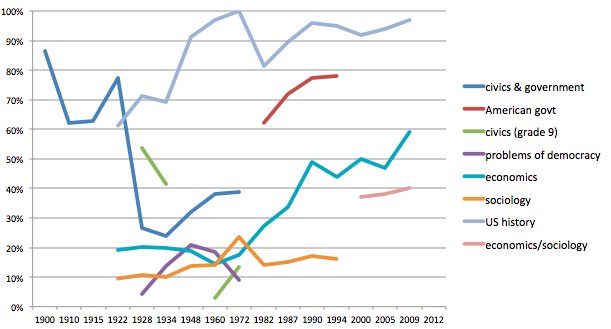Is it possible to transform public opinion from its current state of mistrust, frustration and lack of confidence in our institutions – a mood of being turned off and disengaged – to one of being turned on and fully engaged? If so, what would it take? How long would it take? What are the most promising strategies? And what is the likelihood of success or failure?

Based on extensive research, I am convinced that Americans yearn to have the public voice exert more influence than it does currently. A critical mass of Americans deeply desires to be invited to engage more actively in shaping the public policies that bear on their lives.
Despite this hopeful sign, however, it would be a mistake to assume that the transformation can be quick or easy. It will take a great deal of intelligent effort and leadership to transform the public mood from one that is disengaged to one that is fully engaged – from mistrust to trust, from sounding off and venting frustration to thoughtful deliberation and willingness to compromise.
I can only hazard a guess, but my best guess is that the transformation can’t be achieved in less than one or two decades. Public trust and confidence didn’t dissipate overnight, and it can’t be rebuilt overnight.
It takes time to find, elect and support leaders who trust the public enough to grant average Americans a voice in shaping fateful decisions.
It takes time for the leadership of our great institutions of business, media, law, medicine and education to adopt an outlook that assigns as much importance to the larger community they serve as their own parochial interests.
It takes time for the public to develop a better grasp of workable solutions to the wicked problems of our day.
But we can’t afford another 10 years of unwinding. If we were to drift downward until the mid-2020s, it might be impossible to reverse direction.
The most workable solution is, I believe, a two-prong strategy – one short term, the other long term. The short-term strategy would consist of a series of conventional political stopgap measures for the next decade to buy time and to ameliorate the plight of the bottom two thirds of the income distribution. The long-term strategy would involve the development of a new pragmatic public philosophy to assist thoughtful Americans in deliberating on our future.
I will explore this two-prong strategy in more depth in subsequent blogs.
Rebooting Democracy is a blog authored by Public Agenda co-founder Dan Yankelovich. While the views that Dan shares in his blog should not be interpreted as representing official Public Agenda positions, the purpose behind the blog and the spirit in which it is presented resonate powerfully with our values and the work that we do. To receive Rebooting Democracy in your inbox, subscribe here.


 Many people in our field know David, and are familiar with his work at the Kettering Foundation. Under David’s leadership, Kettering plays a vital role in our field by advancing and funding leading edge democracy research. Because one of the key ways they conduct research is through in-person “learning exchanges,” Kettering also provides an important convening role in our field.
Many people in our field know David, and are familiar with his work at the Kettering Foundation. Under David’s leadership, Kettering plays a vital role in our field by advancing and funding leading edge democracy research. Because one of the key ways they conduct research is through in-person “learning exchanges,” Kettering also provides an important convening role in our field.


 We are pleased to share with our NCDD community that our friends at the
We are pleased to share with our NCDD community that our friends at the 